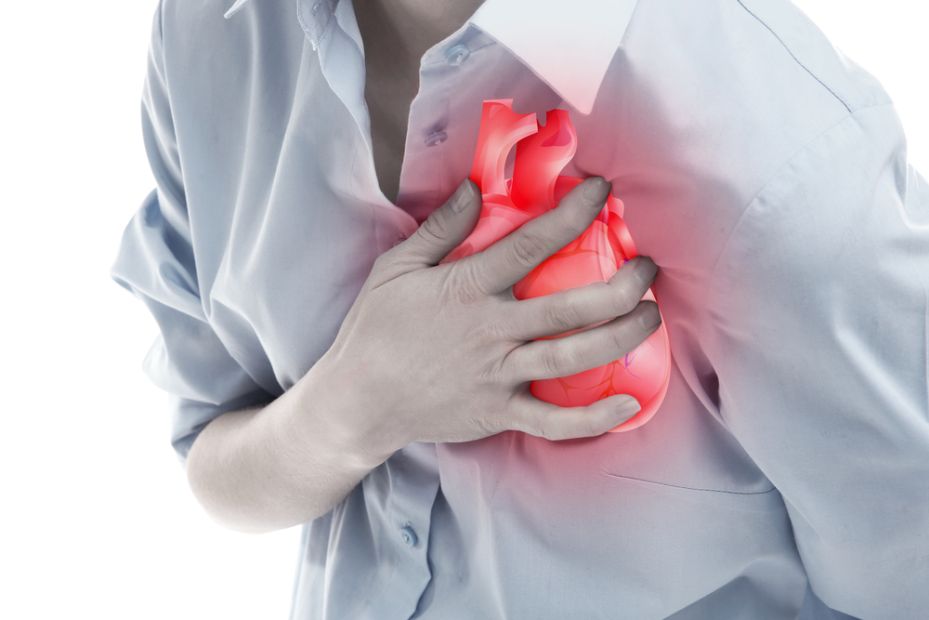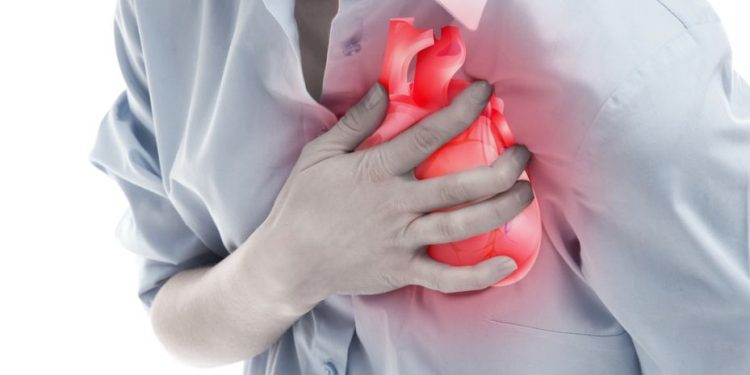Palpitations symptoms are a sensation in your chest, neck, or throat where you feel your heart is racing or beating too fast or too irregularly. They can be frightening and unpleasant but are usually harmless unless there is an underlying heart problem.
When you have palpitations, your doctor will take a thorough medical history and look at you closely to check out any other symptoms you may be experiencing. Then they will order tests to find the cause of your palpitations. If it is a heart condition, you’ll be sent to a specialist (cardiologist) for treatment such as medication, surgery or an implantable device.
Some of the things that can cause palpitations include stress, heavy smoking, caffeine and some cold medicines and energy drinks. It is important to try and avoid these things if you can as they can increase the frequency of your palpitations.
A good place to start is with your General Practitioner (GP). They will be able to diagnose the cause of your palpitations and suggest ways to treat them.
You can also tell your GP about any other symptoms you may be having or a family history of similar problems. Your GP will then decide if you need to see a Cardiologist for further tests and examinations.
Depending on the causes of your palpitations, you can often reduce or get rid of them with self-help techniques. These will include avoiding known triggers like alcohol, coffee and exercise and taking time to rest when you feel palpitations coming on.

If you still have palpitations after these changes, it may be a sign that you are suffering from an underlying heart condition. This could be a problem with your heart rhythm (arrhythmia) such as atrial fibrillation, or a heart defect, such as a hole in the heart.
Your GP might recommend a test called an electrocardiogram (ECG) to see if your heart rate is regular and normal, or if it is too fast or slow. This painless test lasts a few minutes and can help your doctor find the cause of your palpitations.
Another option is a Holter monitor which is worn for 24 hours to check your heart’s activity. If your heart rate is too fast or slow, you will need to wear a Holter monitor for a longer period.
It can be a good idea to keep a diary of what you eat and drink, as well as any medications or supplements that you are taking. This can be a helpful way to find out if there is a food sensitivity that is causing the palpitations.
Other possible causes for palpitations can be due to thyroid disorders, iron deficiency and pregnancy. Your GP will check your blood test results to see if you are anemic or have an overactive thyroid (hyperthyroidism).
Some people can get heart palpitations after eating foods that contain high levels of monosodium glutamate, nitrates or sodium. This is because these foods can increase adrenaline, which can make your heart beat faster and more irregularly.









